“A project manager is like a doctor who leads the trauma team and decides the course of action for a patient - both at the same time. Without the right kind of authority to efficiently handle all the project management issues, development teams can easily get into trouble.” - Scott Berkun, the author of “Making Things Happen”
How did it all start? In the late 1980s, Microsoft was launching an ambitious project and had run into a problem: there were way too many players involved. There were teams from marketing, engineering, and the business end, and no one knew how to coordinate all of them.
So, Microsoft came up with what was then an ingenious solution. They picked one person to take charge of who would be given significant authority to organize and coordinate their new project. Once Microsoft appointed a dedicated leader, everything went smoothly and the teams were much happier with their work dynamics. The end result of this new strategy was Excel.
Eventually, Microsoft made this new role as a staple for all their projects. Thus, the project manager was born.
8 key roles and job responsibilities of project managers
What's a project manager's role? At the end of this post, you'll find a cheat sheet containing an overview of a project manager's key responsibilities! But first, what does it mean to be a project manager and...
WHO are project managers and what are they like?
Good project managers are people with an excellent entrepreneurial mindset. This allows them to think about a project beyond the basic skill set needed to manage it, and it is the project manager’s job to direct teams and team members to the finish line. At the end of the day, the project’s success or failure rests solely on the project manager’s shoulders, and he or she is the one responsible for the end result.
Project managers keep knowledge and information flowing seamlessly. They need both technical know-how and first-hand knowledge of the tasks they assign to others to keep the project moving forward.
"Project Managers play the lead role in planning, executing, monitoring, controlling, and closing projects. They're expected to deliver a project on time, within the budget, and brief while keeping everyone in the know and happy."— Cam Lee, Rock Agency
However, technical know-how does more than enable project managers to communicate ideas effectively to all those involved. Good project managers use their technical understanding to win team members’ respect. Since project managers influence more decisions than anyone else in the company, their primary task is to use what they know to not just win employees’ respect but keep it throughout the project and into the future, which highlights the importance of a project manager.
Project Manager Skills
To successfully manage a team and project, project managers need to work on acquiring and developing skills that will allow them to become the best at managing their team and project. An essential skill that a project manager should have is adaptability, which is necessary for them to be able to adapt to new circumstances and unexpected events. Furthermore, project managers need to be master communicators. Communication is a two-way street, which means that skillful project managers speak and actively listen to communicate adequately with teams, clients, and stakeholders. One of the key traits that sets project managers apart from the rest of the team is the ability to resolve conflicts and negotiate; this is achieved by developing further interpersonal communication and conflict resolution. Finally, project managers need to have an in-depth knowledge of project management and project planning skills in order to organize collaboration, manage the project, and oversee the important resources using time management and budgeting.
Project Management Best Practices
Best practices in project management ensure that the project managers can successfully manage a project from start to finish. Creating a project plan is the first step in managing a project and a project management practice that will give beneficial results. As a project manager ensures that communication on all levels is clear and consistent, their role is to prevent communication breakdowns, which easily interrupt and hinder the project's progress.
Project managers can use a project management tool, such as ActiveCollab, to ensure transparency in the project, distribute responsibilities among team members equally, and track time and budget. Overseeing the team's progress is easier when the team has set goals that they try to achieve and receive feedback on their performance. Setting KPIs can push the team forward and allow the project managers and the team to spot their weaknesses and work on improving their performance.
Project Managers' Day-to-Day Activities and Responsibilities
On a day-to-day basis, project managers are there to resolve conflicts, ensure stable collaboration and communication on all levels, oversee the project's progress, and monitor the resources. On a daily basis, project managers have meetings, prepare presentations, communicate with the team and stakeholders, check emails, and oversee the project management tools, but most importantly, empower their team to move ahead by creating schedules and prioritizing work, ensuring the project's progress is running smoothly. After all, the project manager is the one who is responsible for the team's overall success and the project as a whole.
What do project managers DO? 8 key roles and responsibilities
1. Activity and resource planning
Planning is instrumental in meeting project deadlines, and many projects fail due to poor planning. First and foremost, good project managers define the project’s scope and determine available resources. Good project managers know how to realistically set time estimates and evaluate the team's or teams’ capabilities.
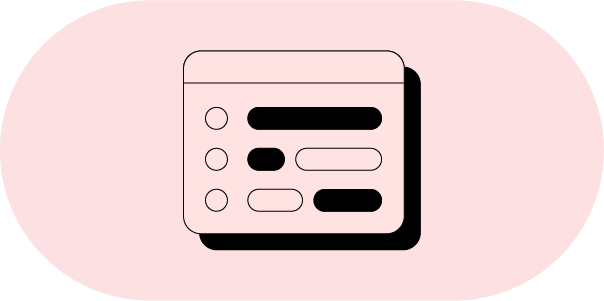
They then create a clear and concise plan to both execute the project and monitor its progress. Projects are naturally unpredictable, so good project managers know how to make adjustments along the way as needed before the project reaches its final stages.
2. Organizing and motivating a project team
Good project managers don’t get their teams bogged down with elaborate spreadsheets, long checklists, and whiteboards. Instead, they put their teams front and center. They develop clear, straightforward plans that stimulate their teams to reach their full potential. They cut down on bureaucracy and steer their teams down a clear path to the final goal.
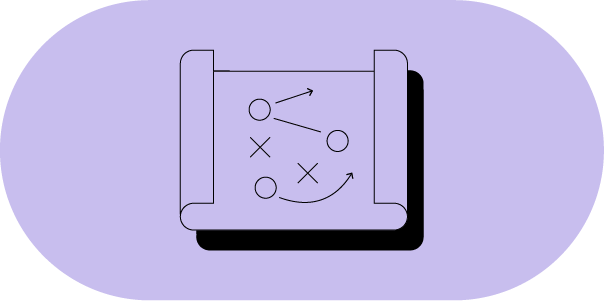
"There is no other way than leading by example. If you are doing your part correctly, always supporting your team, and having a fair and healthy approach with them, motivation should never be a problem."— Dragan Hrgić, Remade
3. Controlling time management
Clients usually judge a project’s success or failure on whether it has been delivered on time. Therefore, meeting deadlines are non-negotiable. Good project managers know how to set realistic deadlines, and how to communicate them consistently to their teams.
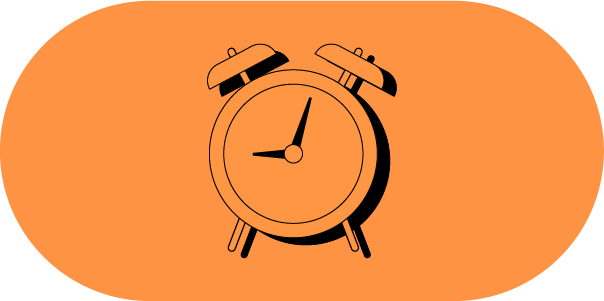
They know how to effectively do the following:
- Define activity
- Sequence activity
- Estimate the duration of activity
- Develop a schedule
- Maintain a schedule
4. Cost estimating and developing the budget
Good project managers know how to keep a project within its set budget. Even if a project meets a client’s expectations and is delivered on time, it will still be a failure if it goes wildly over budget. Good project managers frequently review the budget and plan ahead to avoid massive budget overruns.
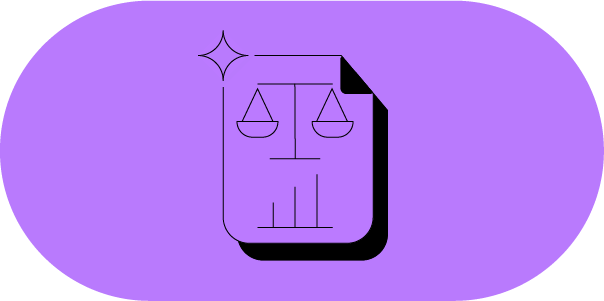
5. Ensuring customer satisfaction
In the end, a project is only a success if the customer is happy. One of the key responsibilities of every project manager is to minimize uncertainty, avoid any unwanted surprises, and involve their clients in the project as much as is reasonably possible. Good project managers know how to maintain effective communication and keep the company’s clients up-to-date.

6. Analyzing and managing project risk
The bigger the project is, the more likely there are to be hurdles and pitfalls that weren’t part of the initial plan. Hiccups are inevitable, but good project managers know how meticulously and almost intuitively, identify and evaluate potential risks before the project begins. They know how to then avoid risks or at least minimize their impact.
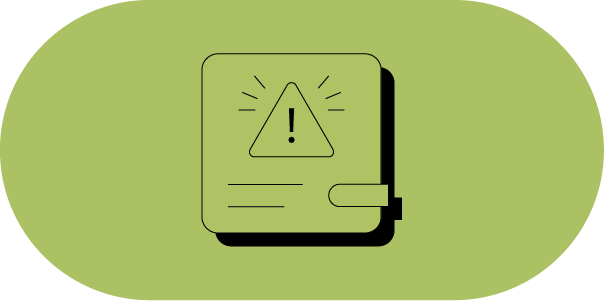
"You have to go in expecting that things won't be as you had planned, and things won't be as easy as first expected. Goals, conditions, and circumstances will change."— Kalila Lang, DigiSomni
7. Monitoring progress
During the initial stages, project managers and their teams have a clear vision and high hopes of producing the desired result. However, the path to the finish line is never without some bumps along the way. When things don’t go according to a plan, a project manager needs to monitor and analyze both expenditures and team performance and to always efficiently take corrective measures.
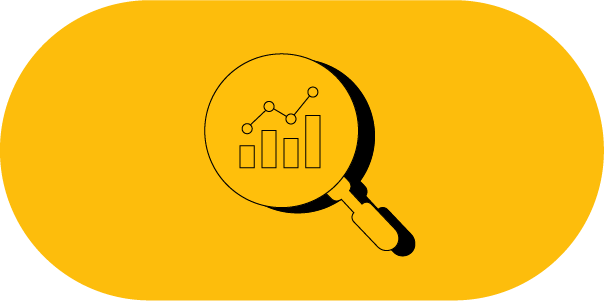
8. Managing reports and necessary documentation
Finally, experienced project managers know how essential final reports and proper documentation are. Good project managers can present comprehensive reports documenting that all project requirements were fulfilled, as well as the projects’ history, including what was done, who was involved, and what could be done better in the future.
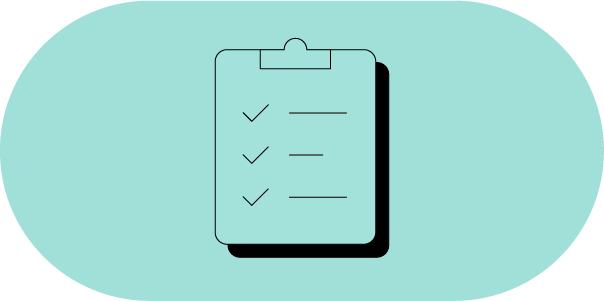
Scroll down till the end of this post to find our cheat sheet where all these roles and responsibilities are summarized!
Do you need a project manager?
No matter how large or demanding projects are, you need someone who will reliably and consistently maintain efficiency and productivity. Not only has research shown that 89% of high-performing organizations include a project manager, but also that the profession is consistently one of those most in demand. Project management is indispensable to successful businesses, and business owners need leaders with the right vision, the right skills, and the right know-how to face the biggest challenges and ensure projects are completed successfully and according to schedule.
Project managers are integral parts of almost every kind of organization—from small agencies with only one project manager guiding a handful of projects to multinational IT companies that employ highly specialized project managers placed in charge of ambitious projects. If one of these describes your business or any kind of enterprise in between, then the answer is definitely yes.
Manage Projects with ActiveCollab
ActiveCollab is project management software with all the necessary features to allow project managers and the team to collaborate, communicate, and make projects happen. Using ActiveCollab, project managers can make project management easy, create an unlimited number of projects, and invite team members and clients to collaborate together.
ActiveCollab allows project managers to create tasks, assign them to team members, and have a better overview of their team's responsibilities using the Workload, making sure no one burns out. Every project can be viewed in a list view, column view, or timeline view, depending on what works best for each member of the team. Whether you need to track time, issue invoices, or pull out reports on different aspects of the project - ActiveCollab has everything you need.
Moreover, you can use ActiveCollab from your computer, laptop, or smartphone, and manage projects or stay in the loop wherever you are. With the tons of possibilities ActiveCollab provides, it's never been easier to manage projects and stay on top of everything.


